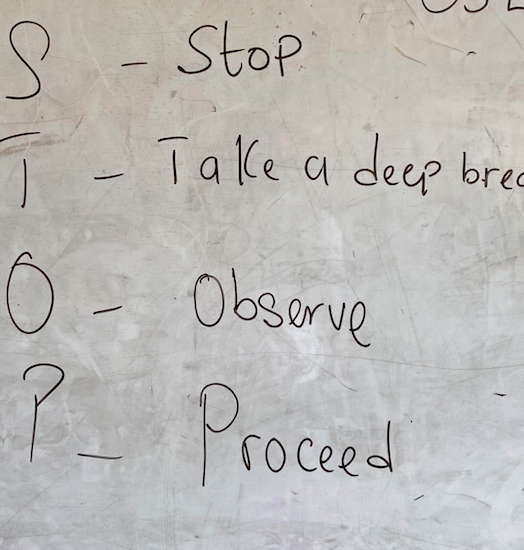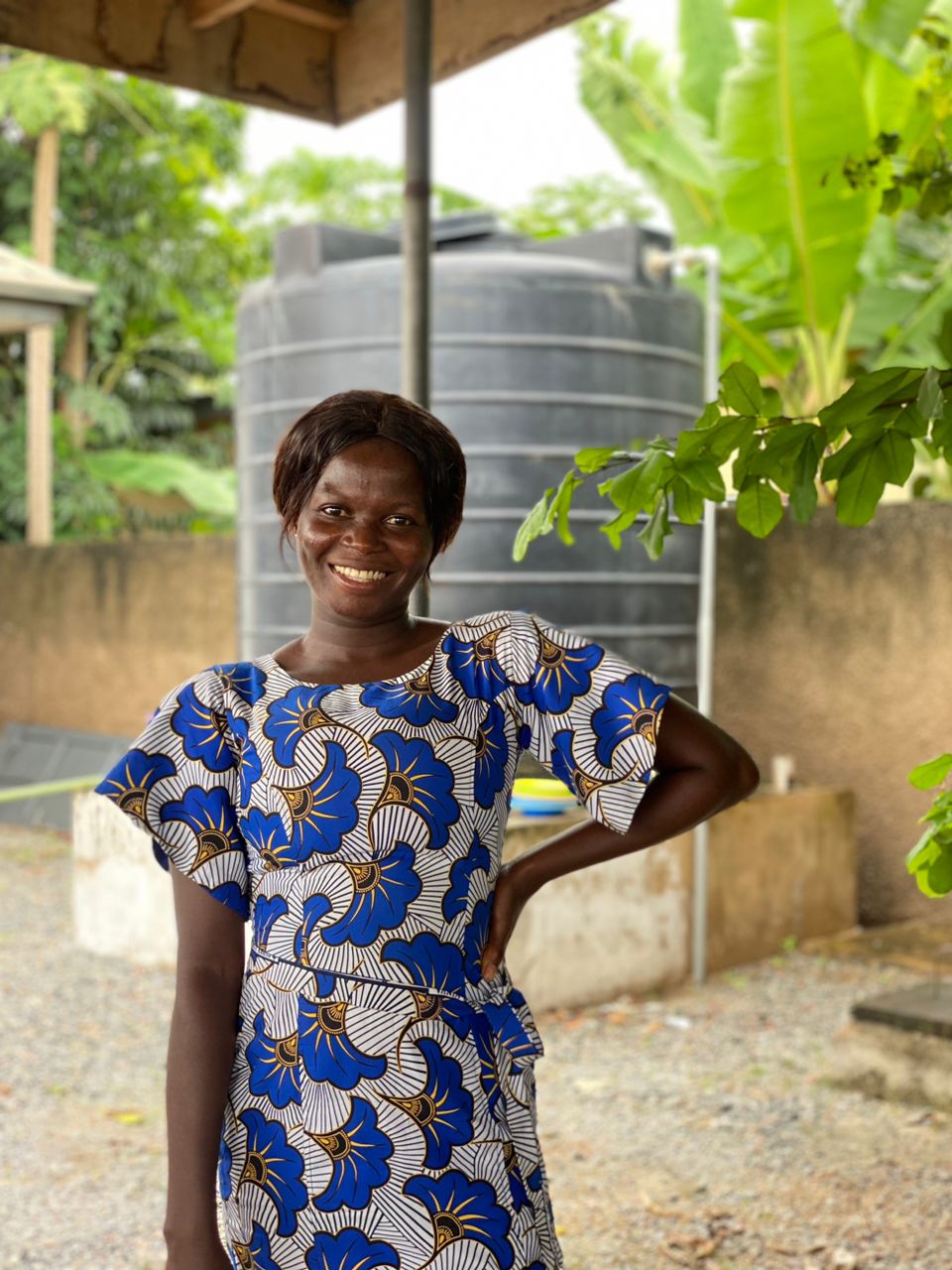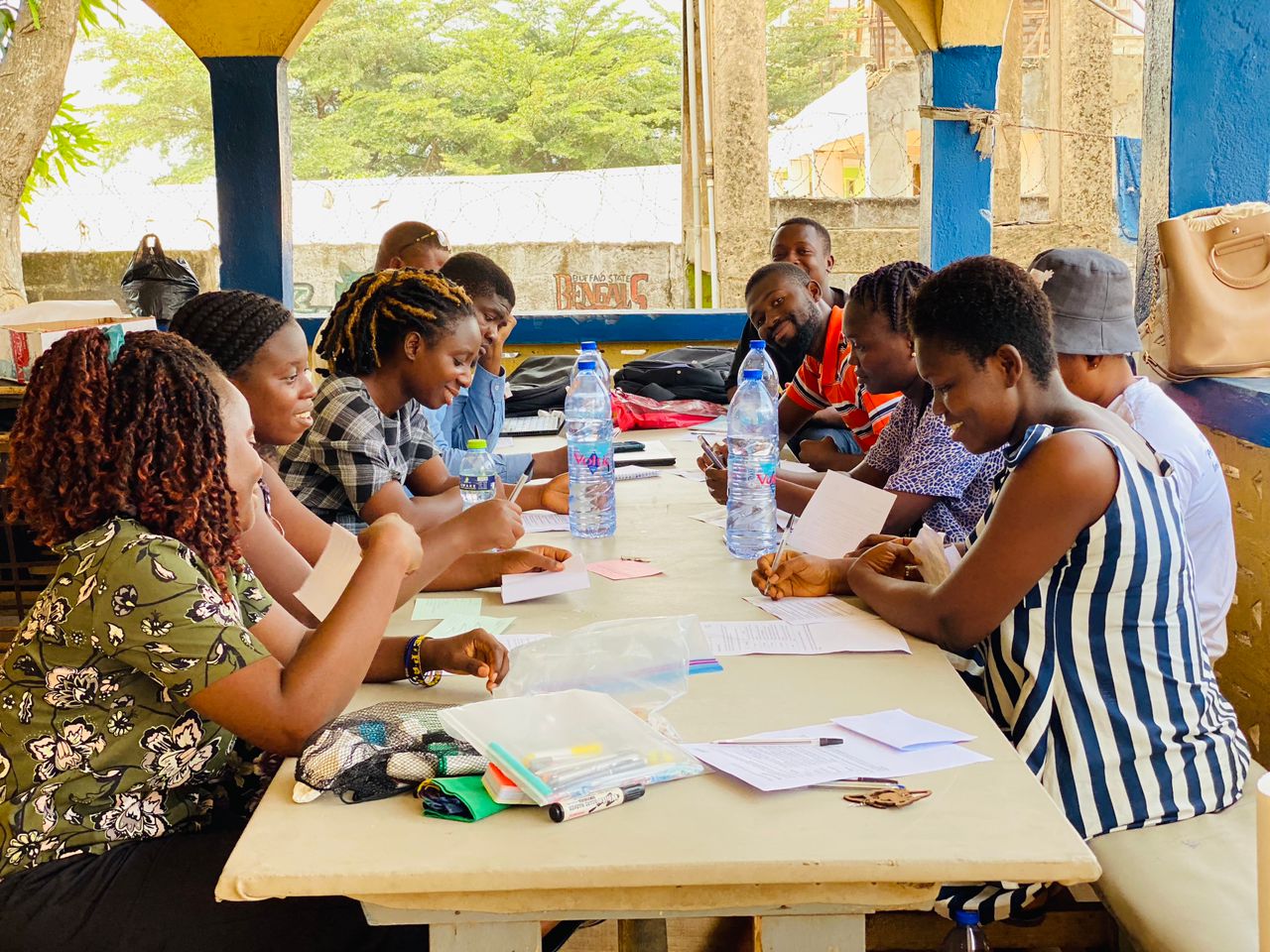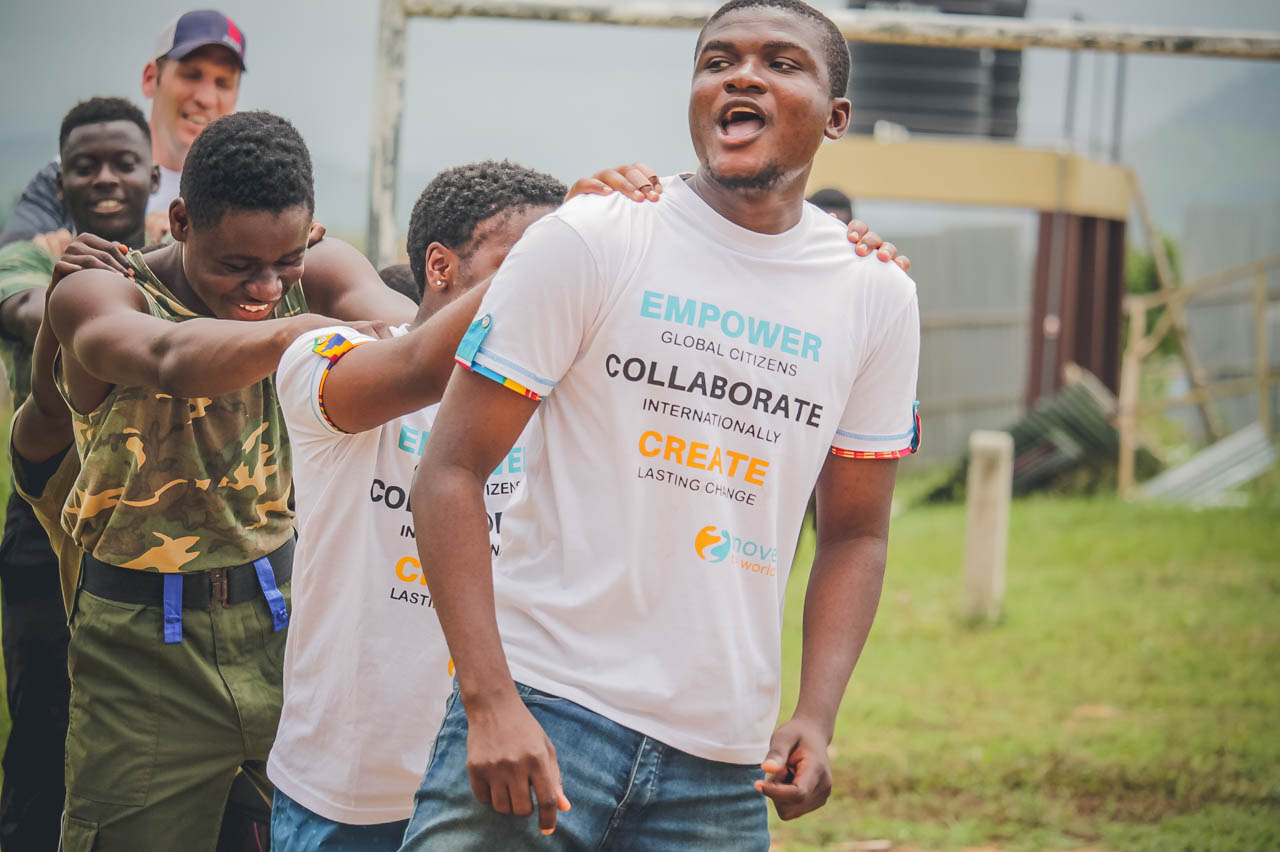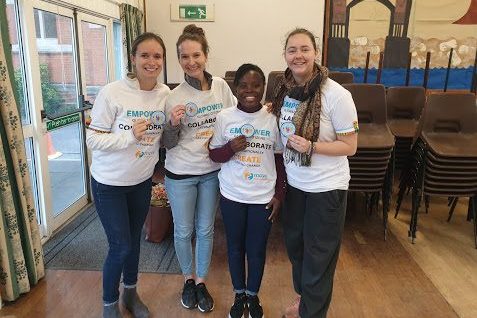At Move The World, we explore mindfulness practices and their impact on our Sustainable Development Goal of promoting good health and well-being (Goal 3). As a facilitator, my aim was to introduce these young minds to the power of being present, attentive, and kind towards oneself and others.
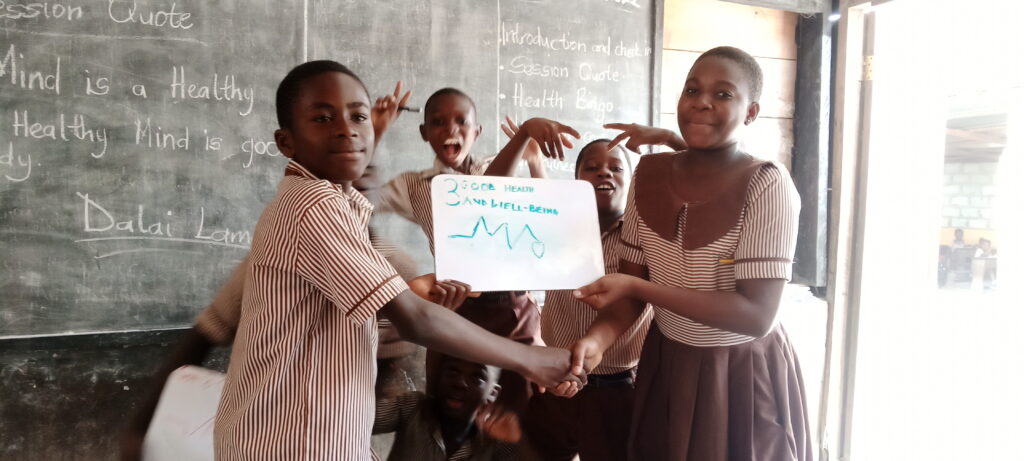
During one of our sessions in a primary six class, we delved into various mindfulness exercises such as deep breathing, body scans, and gratitude practices. The students were initially curious but also a bit restless, as sitting still and quieting their minds seemed like a difficult task. However, with encouragement and patience, they gradually began to embrace the practices, discovering the benefits they had to offer.
Little did I know that the impact of these mindfulness sessions would extend beyond the classroom walls. One day, an argument erupted between a group of students after the school closed. It started off as a minor disagreement but quickly escalated into a full-blown conflict. Voices were raised, tempers flared, and the situation seemed to be spiraling out of control.
In the midst of the chaos, one student who had fully embraced the mindfulness practices we had learned stepped forward. With a calm demeanor and a compassionate heart, reminded everyone to take a step back, to pause, and to take a deep breathe.
The effect was almost magical. As if under a spell, the students heeded their peer’s advice and followed suit. They took deep breaths, allowing themselves a moment of stillness amidst the turmoil. As their minds quieted and clarity emerged, they realized the insignificance of the argument in light of their shared goals and friendship.
Using the mindfulness practices they had learned, the students were able to resolve the conflict peacefully and restore harmony among themselves.
As a facilitator, witnessing this transformation was truly heartwarming. It reinforced the power of mindfulness practices in promoting good health and well-being, both individually and collectively. These primary six students demonstrated that mindfulness is not just a concept to be discussed in theory but a practical tool that can be applied in everyday life.
The impact of mindfulness practices on Goal 3 of Sustainable Development was appreciated in this class. Through a single intervention, a student stopped a potentially violent situation, fostering understanding, empathy, and peace. This serves as a reminder that practicing mindfulness not only benefits oneself but also has the potential to positively influence the world around us.
